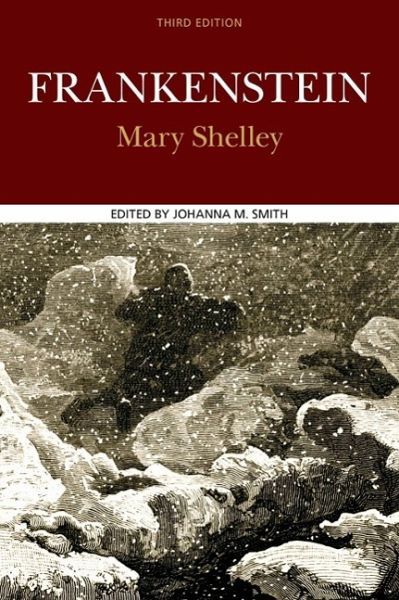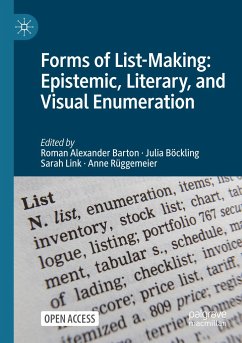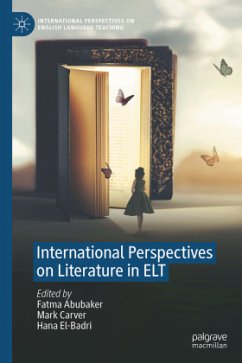
Frankenstein
Versandkostenfrei!
Versandfertig in 2-4 Wochen
25,99 €
inkl. MwSt.

PAYBACK Punkte
13 °P sammeln!
Revised to reflect critical trends of the past 15 years, the third iteration of this widely adopted critical edition presents the 1831 text of Mary Shelley's English Romantic novel along with critical essays that introduce students to Frankenstein from contemporary psychoanalytic, Marxist, feminist, gender/queer, postcolonial, and cultural studies perspectives. The text and essays are complemented by contextual documents, introductions (with bibliographies), and a glossary of critical and theoretical terms.In the third edition, three of the six essays are new, representing recent gender/queer,...
Revised to reflect critical trends of the past 15 years, the third iteration of this widely adopted critical edition presents the 1831 text of Mary Shelley's English Romantic novel along with critical essays that introduce students to Frankenstein from contemporary psychoanalytic, Marxist, feminist, gender/queer, postcolonial, and cultural studies perspectives. The text and essays are complemented by contextual documents, introductions (with bibliographies), and a glossary of critical and theoretical terms.
In the third edition, three of the six essays are new, representing recent gender/queer, postcolonial, and cultural theories. The contextual documents have been significantly revised to include many images of Frankenstein from contemporary popular culture.
In the third edition, three of the six essays are new, representing recent gender/queer, postcolonial, and cultural theories. The contextual documents have been significantly revised to include many images of Frankenstein from contemporary popular culture.
Dieser Artikel kann nur an eine deutsche Lieferadresse ausgeliefert werden.












